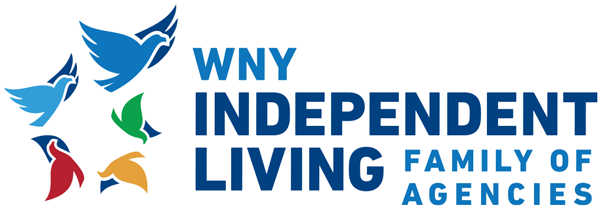Public Relations
Keep up on what’s happening at our WNYIL Agencies.
Subscribe
Receive our newsletters directly in your inbox.
We’re Here to Help You.
Do you have feedback, questions or concerns? Call 1-800-348-8399 or click the link below for assistance.
